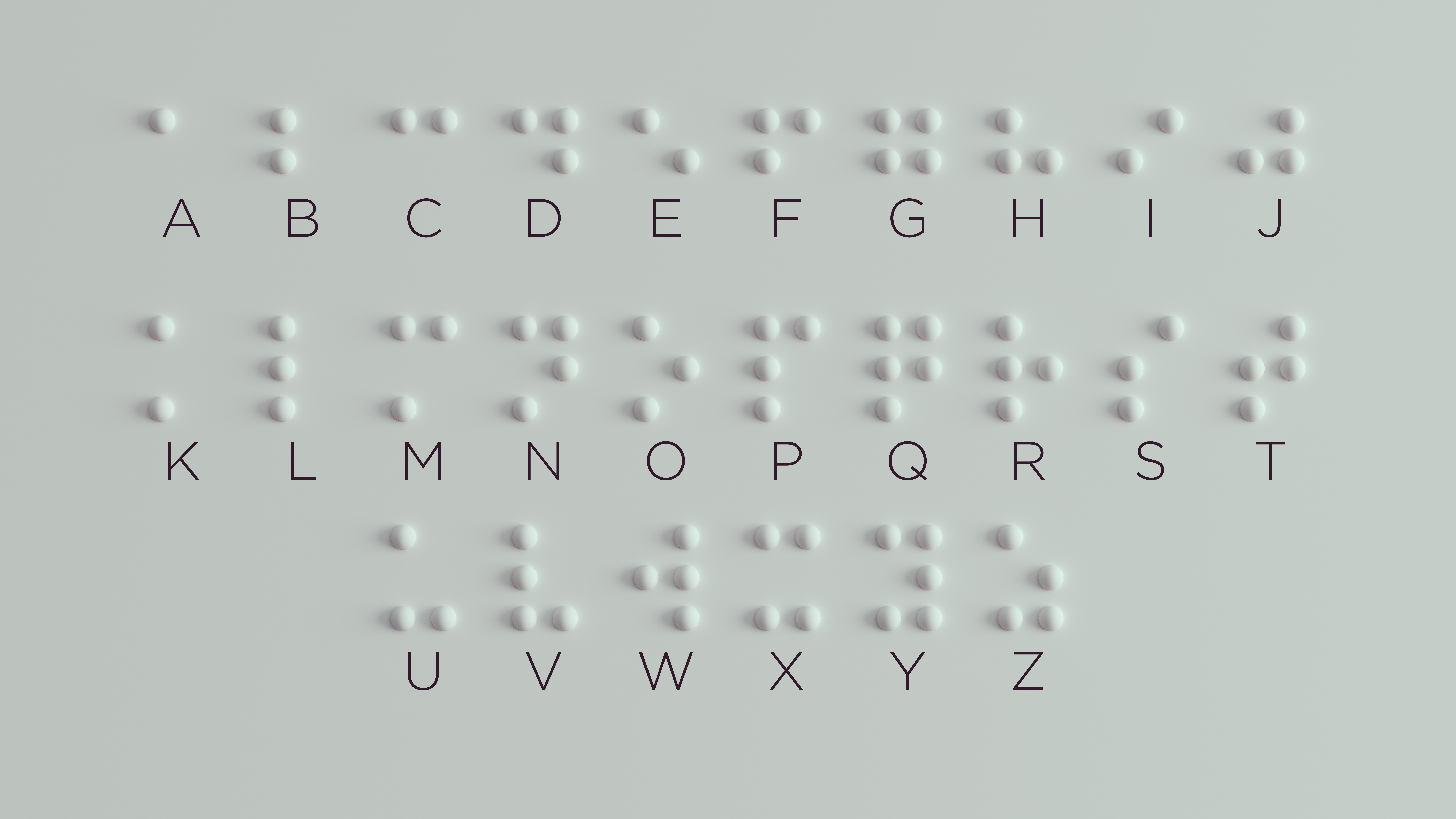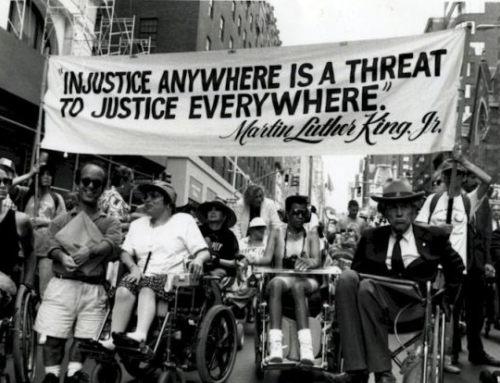World Braille Day was created in honor of the birth of Louis Braille, the inventor of Braille. His revolutionary system has transformed the lives of millions of blind and visually impaired individuals, offering them a vital tool for communication and learning. This day also highlights the importance of ensuring equal human rights for people with visual impairments.
Louis Braille was a Frenchman who tragically lost his eyesight as a child after accidentally injuring himself in the eye with his father’s awl. At the age of 10, Louis began studying at the Royal Institute for Blind Youth in France, where he devised and refined the tactile system of raised dots that would become known as Braille. The raised dots were based on six-dot cells, allowing users to feel the entire cell with a single touch and move quickly from one cell to the next. Over time, Braille gained global recognition as the primary form of written communication for blind individuals. Louis passed away in 1852 and did not live to witness the widespread adoption of his invention, which occurred just two years later when the Royal Institute began officially teaching Braille.
In recognition of his invaluable contribution, the United Nations declared January 4 as World Braille Day in November 2018. The first official celebration of the day took place the following year as an international holiday.
This date was chosen to coincide with Louis Braille’s birthday, symbolizing his enduring legacy. World Braille Day brings people together to celebrate this remarkable innovation and to advocate for greater accessibility and inclusivity for people who are blind and visually impaired.
Learn about our braille program for Lighthouse employees.






